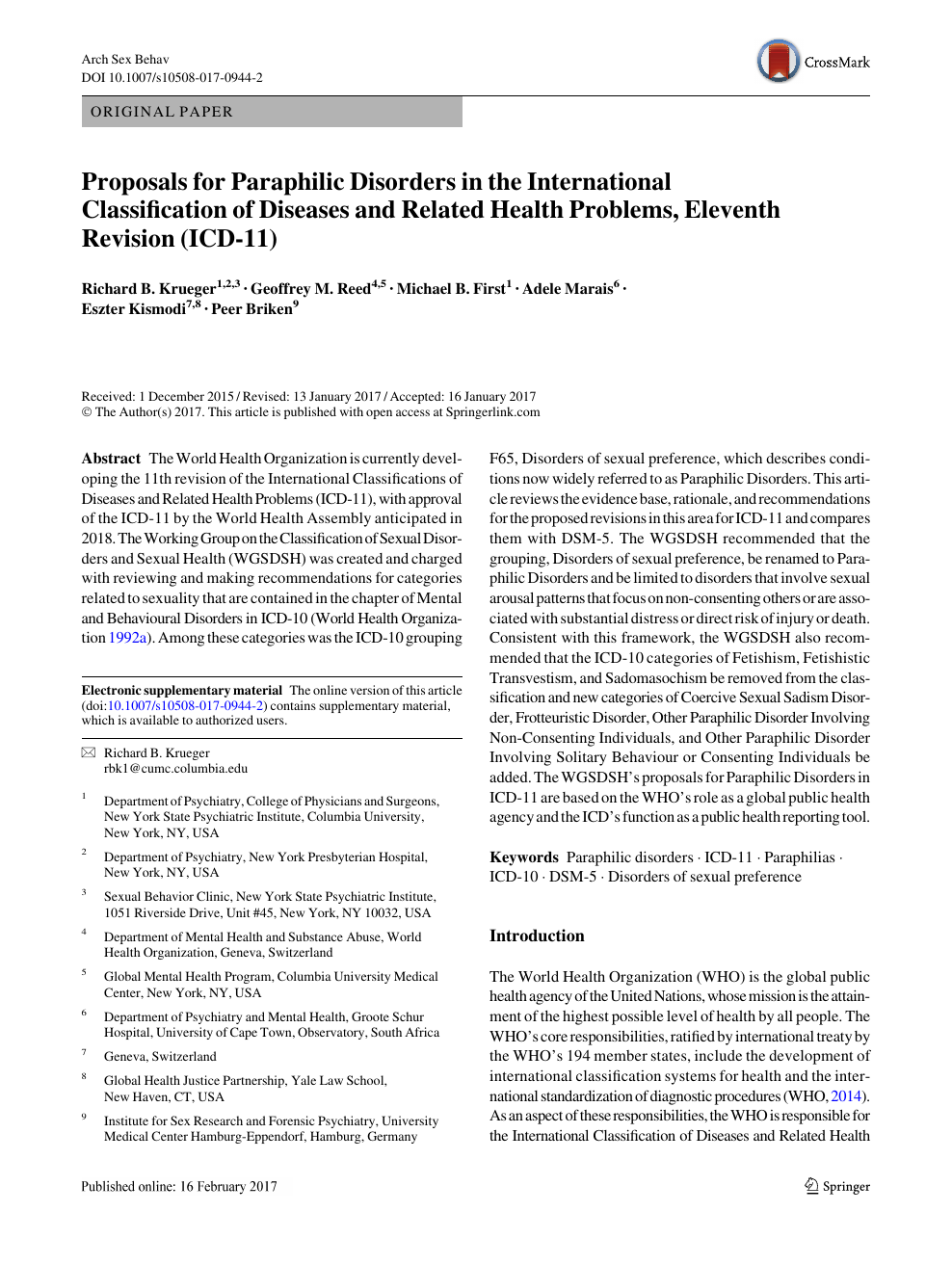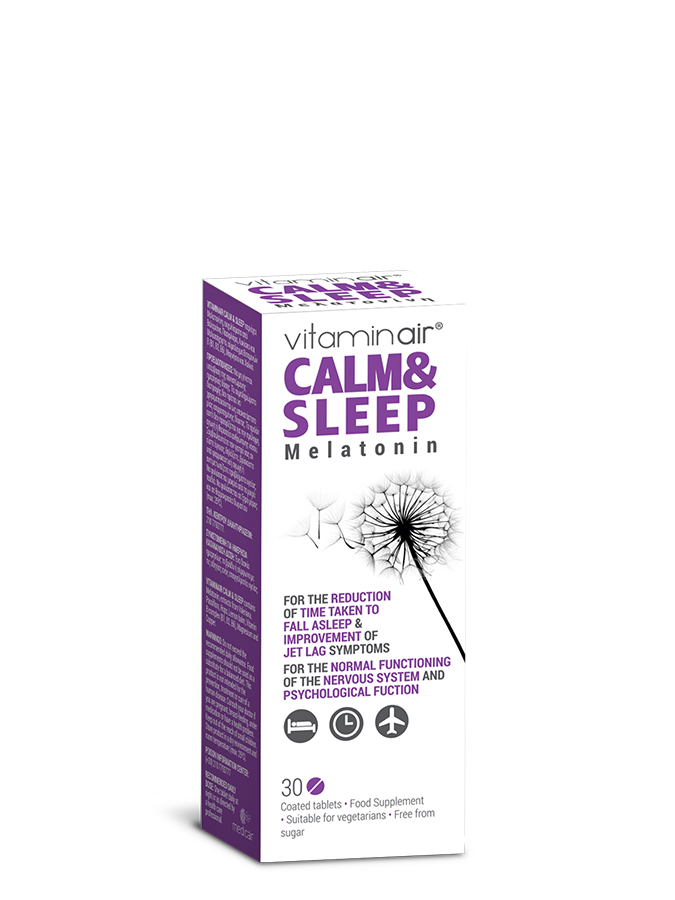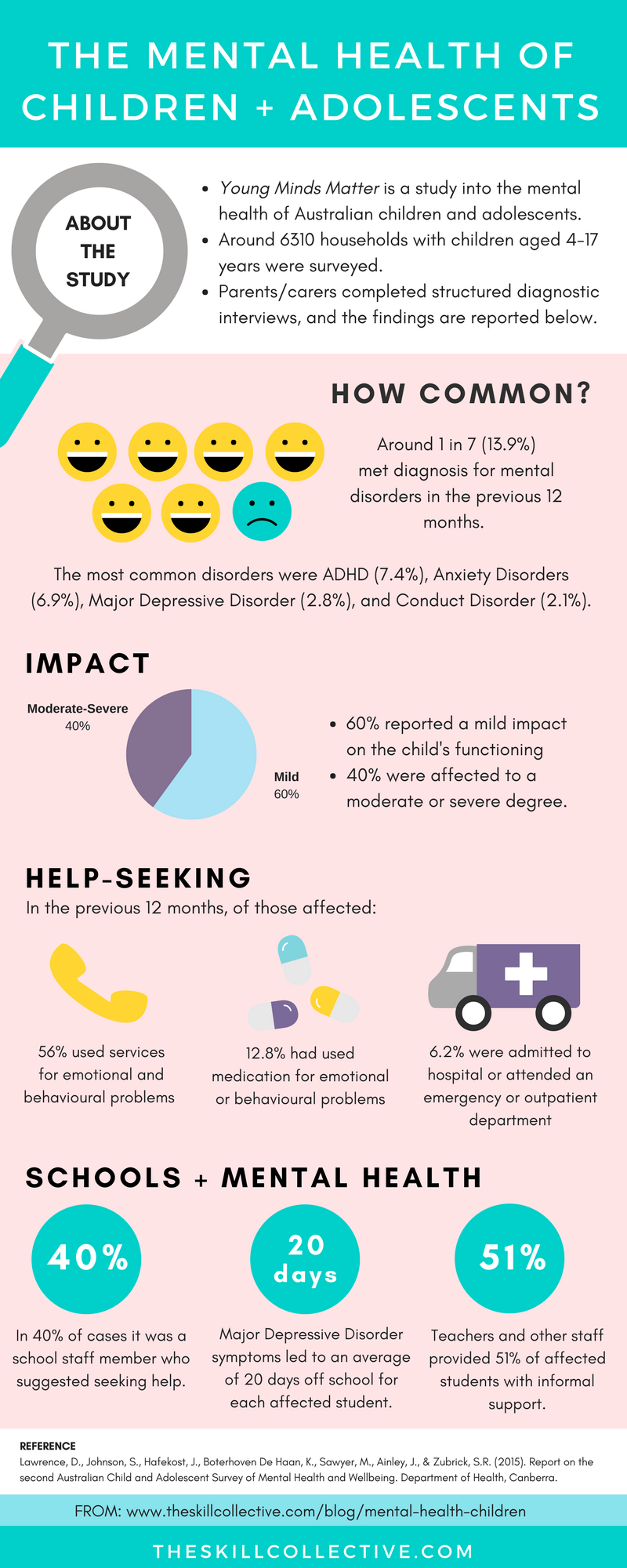
There are many fantastic mental health apps for Android. We'll be discussing the various features that these apps have, including self-assessment tools and mood tracking. These apps are designed to improve your life quality and decrease stress levels. Here are some apps to consider:
Meditation on mindfulness
Since the outbreak of coronavirus in the US, mindfulness meditation apps have been growing in popularity. The app store has experienced a huge increase in mindfulness-based meditation apps, and one study estimates that 750,000 downloads occurred in the week of March 29, 2020. This is 25 percent more than the average week for January and February. Mindfulness apps use a variety methods to monetize the services they offer. Headspace offered its service first to doctors for no charge, and then it expanded to the public. A partnership was formed with New York Gov. Andrew Cuomo's Ten Percent Happier app includes meditation teachers whose work is recognized around the world.
Another app you should consider is MyLife, formerly Stop, Thought & Breathe. The app features guided meditations for a deliberate experience, including breathing techniques. Each meditation asks users to rate their body and mind, and encourages them to list five emotions they feel daily. If this sounds like a daunting task, MyLife can help users achieve their goal. It also offers downloadable meditations, which are free to download.
Self-assessment features
Many mental wellness apps offer some sort of self-assessment. These tests can be as simple as asking questions or taking photos or videos. They also allow for short video calls with specialists. You may be able to use their tools to ground yourself and distract from self-destructive thoughts. Some have emergency lines. These apps for mental health are becoming more popular. These five tips will help you make your apps more usable and functional. Comment below to let us know your thoughts!

Verifiability. Some apps may offer links to credible sources to further explain their self-assessment features, but most do not. It is essential to ensure that you have reliable information when using such apps. Many mental wellness apps lack the core psychological principles used in counseling. They are more focused on communicating and coordinating tasks that may not be possible through conventional methods.
Mood tracking
Apps that track mood can be a great companion for treatment plans. It is possible to track mood fluctuations every day and recognize triggers. These apps are simple to use and follow a proven therapeutic approach. Users can customize their color scheme, set reminders to keep the new habit in place, and even set reminders. These apps can be used for mood tracking and mental wellness.
Researchers discovered that users of mood trackers apps are more conscious of their emotional state and self-awareness. A greater willingness to intervene when in distress was also noted by these users. These apps are helpful for most users, however they might not be suitable for everyone. The motivation behind mood tracking apps for mental health may help those with depression.
Addiction recovery
Apps for addiction have been embraced by the app industry as a way to meet growing demands for resources. While apps can expand one's support system and track progress, they can't replace human interaction. In situations where human contact is impossible, however, these apps can be very life-saving. An app that allows users the ability to share their progress with others could prove extremely useful in an overdose situation. The question is whether these apps are really worth the expense.

One such app is MY3, the latest app. It allows users to connect with three trusted people who are available to listen and offer support when they need it. It offers daily meditations for addicts, and sends them messages to reinforce positive thoughts and encourage them not to use drugs or alcohol. An experiment of 399 people over 12 weeks found that those who used the app had abstinence rates 40.3% higher then the 17.6% who did not.
FAQ
Is mental health as important as work?
Mental health is extremely important for everyone, especially when we are working. You can relax if you are feeling stressed at work by going out with your friends, walking outside or listening to music.
Talking to your boss is a good idea if you have trouble relaxing. They might be able suggest ways to reduce stress.
Your physical health is important too. It is important to eat well, exercise regularly, and get enough rest.
Why is mental health so important?
Work, play and learn. Love. Mental health refers only to our overall health. The physical, psychological as well as social, spiritual and environmental factors that influence us every day are all part of mental health. There are many ways you can take care of yourself mentally, emotionally, spiritually and socially. It's not necessary to do all the things at once. You can just start!
Understanding where you are now is the first step to improving your mental health. Take this quiz and find out how much you're doing to support your mental wellbeing. If you're not satisfied with your results, you might consider making lifestyle changes.
Congratulations! Here are some things you can do that will help improve and maintain your mental health.
-
Get Enough Sleep. You can keep your brain sharp, energized and alert by getting enough sleep. Try to get 7-8 hours of sleep per night, which is about the amount recommended by the American Academy of Pediatrics (AAP).
-
Exercise Regularly. Exercise releases endorphins, which make you happier and less likely stress. Try to do 30 minutes of exercise five days a week.
How does one know if he/she has a mental illness?
Persons may be diagnosed with mental illness if they have symptoms that are disruptive to their daily life. Symptoms of mental illnesses vary from person to person. The most common symptoms are feeling depressed, sad, anxious, guilty and hopeless, lonely or depressed, as well as guilt, shame, guilt, guilty, guilty, guilty, suicidal and worthless.
A person may also be diagnosed with a mental disorder if they meet at least three out of four criteria listed below:
-
Troubled thoughts or feelings
-
Disturbed behavior
-
Disturbance of functioning
-
A decrease in ability to relate with others
What should I do when I'm experiencing mental health problems?
It's imperative to seek help when you're struggling with any mental health issue. There are chances that you have suffered trauma or abuse in your past. It is possible that your thoughts about yourself have been affected by this.
You may also be suffering from an eating disorder, addiction, or another type of mental illness. These disorders can lead to severe life-altering consequences.
You shouldn't attempt to handle them yourself. Instead, you should talk to someone who knows what they're doing. A professional therapist will be able to provide you with the support and guidance that you need in order to overcome these problems.
What is the importance of mental health?
Mental health is vital for everyone. If you don't feel well mentally, you won't be able to do anything else. So, it is essential to maintain a healthy mind.
When our minds aren't in the best place, our bodies start to show signs and symptoms of stress. This can cause physical problems such headaches, stomachaches, backaches, or other symptoms. To keep our bodies and minds healthy, we must take care ourselves.
Statistics
- More than 40 million adults in the United States have an anxiety disorder, but less than 37% of people seek mental health treatment for their symptoms. (talkspace.com)
- More than 50% will be diagnosed with a mental illness or disorder at some point in their lifetime.3 (cdc.gov)
- Similarly, while there is some agreement about the boundaries of typical mental disorders 2, there is likely less agreement about those for positive mental health. (ncbi.nlm.nih.gov)
- It means no drinking any alcoholic beverages and no taking any drugs that aren't 100% natural.
- According to the National Alliance of Mental Illness (NAMI), one in five Americans experiences mental health issues which translates to more than 40 million adults a year. (doctorondemand.com)
External Links
How To
How to Improve Your Memory
Everyone would like to have better memory. Unfortunately, memory loss can happen to anyone at any time. More than half of Americans aged 65 and older suffer from dementia.
There are many options available to improve your memory, regardless of whether you have Alzheimer's or dementia. Here are three easy steps that you can start today:
-
Get More Fruits and Vegetables. Fruit and vegetables contain antioxidants, vitamins, minerals, fiber, and phytochemicals that boost brain function. They also provide essential nutrients that protect against neurological diseases.
-
Get enough sleep. Poor concentration and memory loss have been linked to sleep deprivation. Get seven to eight hours of sleep each night.
-
Take a walk. Walking stimulates blood flow, which increases memory. Walking makes you slimmer and healthier.